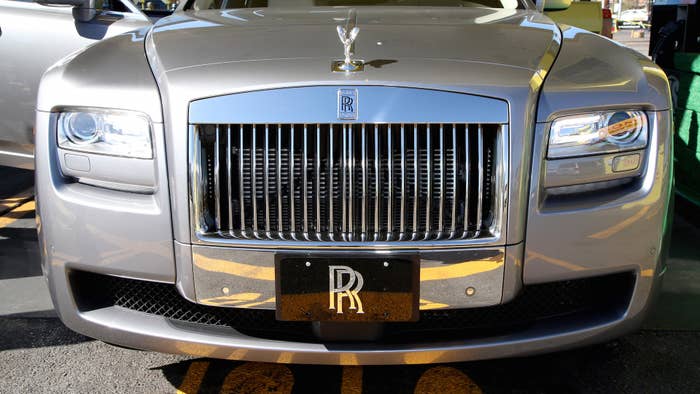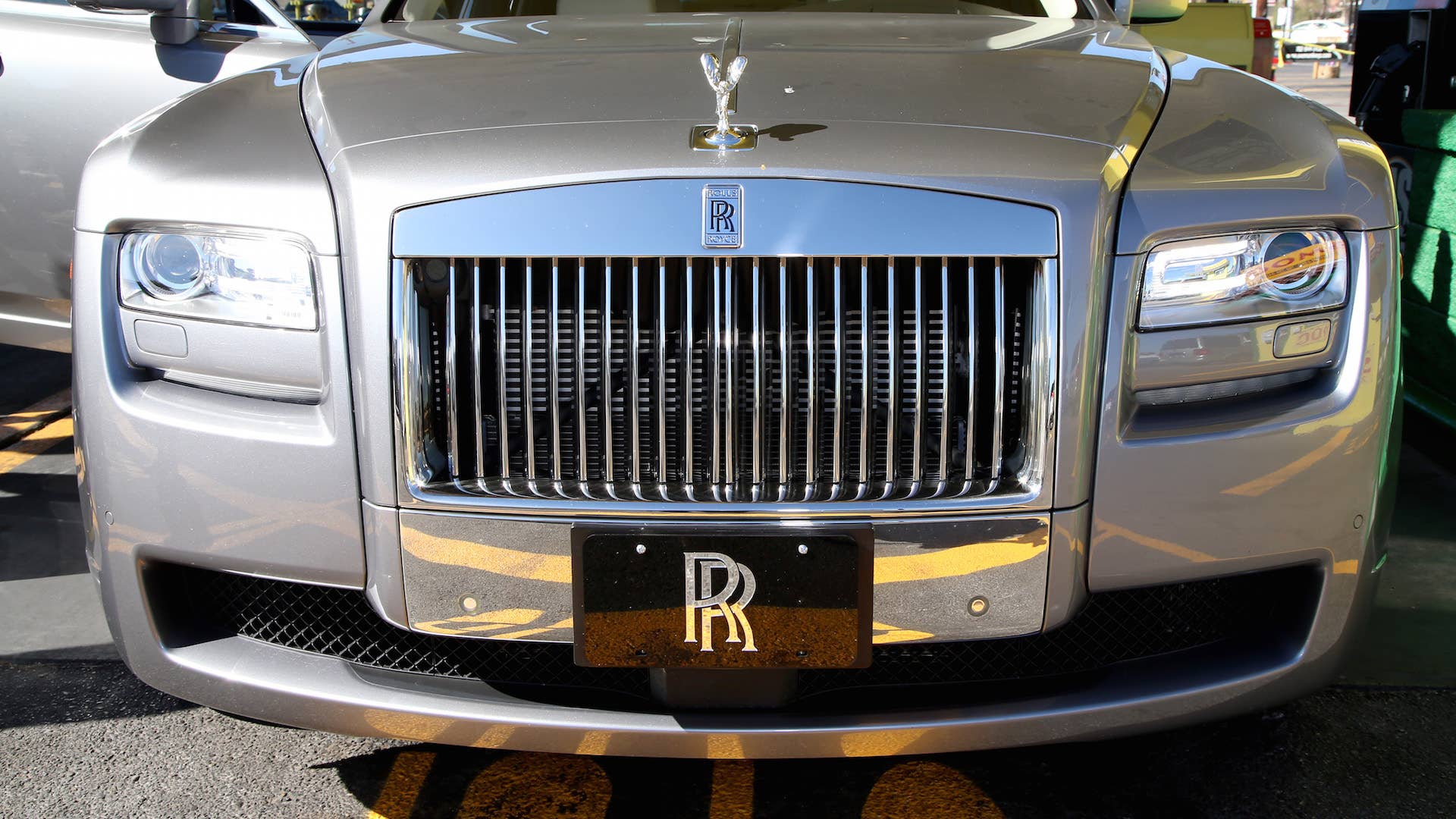
The demand for luxury vehicles has dipped due to the coronavirus pandemic, forcing Rolls-Royce to suspend production. But the company has another product it can push until the curve flattens.
Instead of waiting things out, Rolls-Royce has decided to shift its focus to the honey production side of its operation. According to Hypebeast, the automobile company owns a 42-acre apiary near its headquarters in West Sussex, England called the Goodwood Apiary. Here, around 250,000 English Rolls-Royce honey bees live in six hives.
The hives have been in operation since 2017, producing exclusive Rolls-Royce honey. Each hive is named after one of the company's flagship vehicles—Phantom, Wraith, Ghost, Dawn, and Cullinan—with the last hive bearing the name of the Rolls-Royce bonnet ornament, the "Spirit of Ecstasy."
On Monday, Rolls-Royce released a statement revealing that its bees have made it through the winter and are starting to pollinate and produce honey. "Having come through the winter in excellent health, Rolls-Royce’s English Honey Bees are currently emerging from their hives and foraging on the half-a-million trees, shrubs and wildflowers flourishing across the 42-acre Rolls‑Royce site, plus the eight acres of sedum plants growing on the manufacturing plant’s 'living roof'—the largest of its kind in the UK," said director of global communications at Rolls-Royce Motor Cars, Richard Carter, per Food & Wine.
Carter went on to state that Rolls-Royce's investment in bees is also "further underlines our commitment to the environment."
"Our sustainable buildings, thermal ponds, rainwater management systems and wildfowl refuge have already made the Home of Rolls-Royce at Goodwood one of the UK’s most eco-friendly manufacturing facilities," Carter continued. "Through this project, which taps into the biodiversity of our site, including our huge living roof, we’re making an important contribution to conserving Britain’s vital bee population."
Once the bees are done making the honey, it is "meticulously hand‑processed by local specialists." It is then sold and served exclusively to Rolls-Royce clients.

